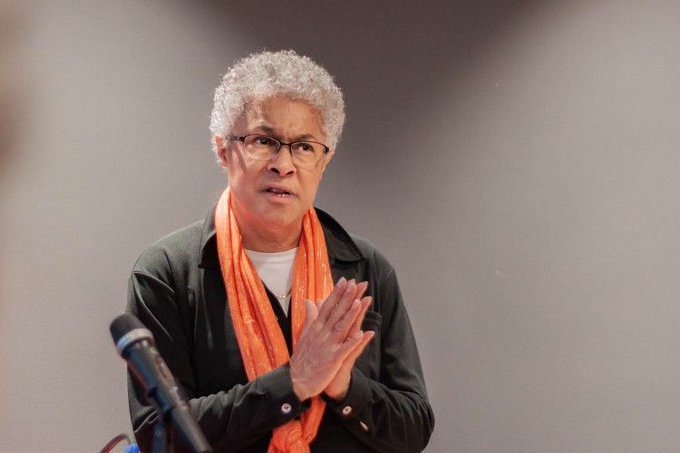
As she got older, Collins being to notice she was either the first, one of the few, or only African Americans and/or woman or working-class person in her communities.Ĭollins attended Philadelphia public schools -and even at a young age, Collins had realized that she attended a school that catered to mostly white middle-class students that were in a predominantly Black neighborhood. While in high school Collins worked at her church playing the organ.

A musician, she can play the trumpet, piano, and organ.

She and her friends enjoyed making and singing music together. She would spend time outside roller skating and jumping double Dutch rope on her block with her friends. As she played in the streets with her friends freely, she trusted the safety of her observant community. Early life Īs a child, Collins found herself feeling safe and secure in her neighborhood. After her daughter was born, Eunice made sure that she was exposed to literature at a young age, teaching her to read and introducing her to the public library. Unable to afford the tuition, Eunice was not able to graduate. Collins' love for reading and education came from her mother, who had always wanted to be an English teacher and attended Howard University. Since both of Collins' parents worked, she began attending daycare at two and a half years old. Her father, Albert Hill, was a factory worker and a Second World War veteran, had met her mother, Eunice Hill, was a secretary in Washington, DC. Patricia Hill Collins was born on May 1, 1948, in Philadelphia, Pennsylvania, the only child of two working parents living in a predominately Black, working-class neighborhood. She gained national attention for her book Black Feminist Thought, originally published in 1990. Ĭollins's work primarily concerns issues involving race, gender, and social inequality within the African-American community. Collins was the 100th president of the ASA and the first African-American woman to hold this position.


She is also the former head of the Department of African-American Studies at the University of Cincinnati, and a past president of the American Sociological Association (ASA). She is a distinguished university professor of sociology emerita at the University of Maryland, College Park. Patricia Hill Collins (born May 1, 1948) is an American academic specializing in race, class, and gender. Intersectionality, matrix of domination, controlling images


 0 kommentar(er)
0 kommentar(er)
